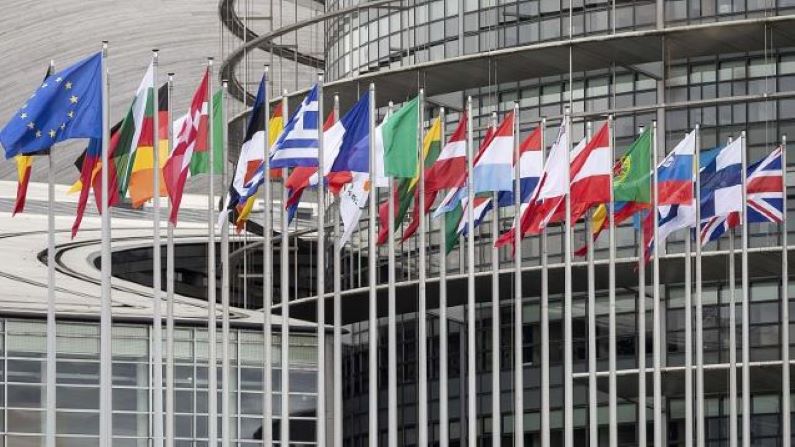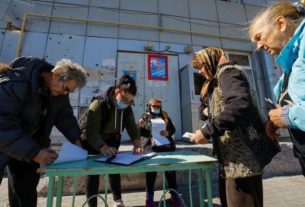The European Union has affirmed its commitment to enforcing international justice, stating that all member states are obligated to execute arrest warrants issued by the International Criminal Court (ICC). This includes the recent warrants targeting Israeli Prime Minister Benjamin Netanyahu and his former defense minister, issued amid allegations of war crimes during the ongoing offensive in Gaza.
EU Stance on ICC Mandate
EU spokesperson Peter Stano underscored the bloc’s unwavering support for the ICC and its role in addressing the most serious crimes under international law. In a written statement to Anadolu Agency, Stano emphasized that the EU remains committed to the principles of the Rome Statute, which established the ICC, and reiterated the court’s independence and impartiality.
“All EU member states that have ratified the Rome Statute are under an obligation to execute arrest warrants issued by the ICC,” Stano clarified.
Divergent Responses Among EU States
While some EU countries have explicitly pledged to implement the ICC’s arrest warrants if Netanyahu or his former defense minister enter their territories, others have provided ambiguous responses. Notably, one member state has categorically stated it would not carry out any arrests, exposing divisions within the bloc regarding the enforcement of international justice against high-profile political figures.
Background on ICC Warrants
The ICC issued arrest warrants against Netanyahu and his former defense minister following reports of civilian casualties, allegations of disproportionate military force, and potential war crimes during Israel’s military operations in Gaza. These actions have intensified scrutiny of Israeli leadership amid a global outcry over the humanitarian crisis in the Palestinian enclave.
The warrants are a part of the ICC’s broader investigation into potential violations of international law, which include alleged targeting of civilians and infrastructure essential to survival. The Gaza offensive, which has claimed thousands of lives and displaced countless others, has drawn widespread criticism from human rights organizations and global leaders.
Legal and Political Implications
Stano’s remarks align with the EU’s position of supporting accountability for serious crimes, but the inconsistent reactions among member states highlight the complexities of enforcing ICC mandates against prominent political figures. Several EU nations have ratified the Rome Statute, binding them to ICC decisions. However, political considerations and strategic alliances with Israel complicate their ability to take definitive action.
Israeli Government Reaction
Israeli officials have condemned the ICC’s warrants, dismissing them as politically motivated. Netanyahu’s administration has historically challenged the ICC’s jurisdiction over Israel, arguing that it is not a signatory to the Rome Statute. The Israeli government has also accused the ICC of bias, claiming that its investigations unfairly target the state.
Global Reactions and Next Steps
The ICC warrants have sparked a range of international responses. Human rights advocates have hailed them as a step toward accountability, while others warn of heightened geopolitical tensions.
As the situation develops, the EU faces mounting pressure to ensure a unified response to the ICC’s call for justice. The bloc’s handling of the arrest warrants will likely influence its credibility in promoting international law and accountability.
The ICC warrants against Netanyahu and his former defense minister have exposed fractures within the EU’s approach to international justice. With the Gaza conflict continuing to escalate and allegations of war crimes mounting, the bloc’s actions—or lack thereof—will shape global perceptions of its commitment to justice and the rule of law.





